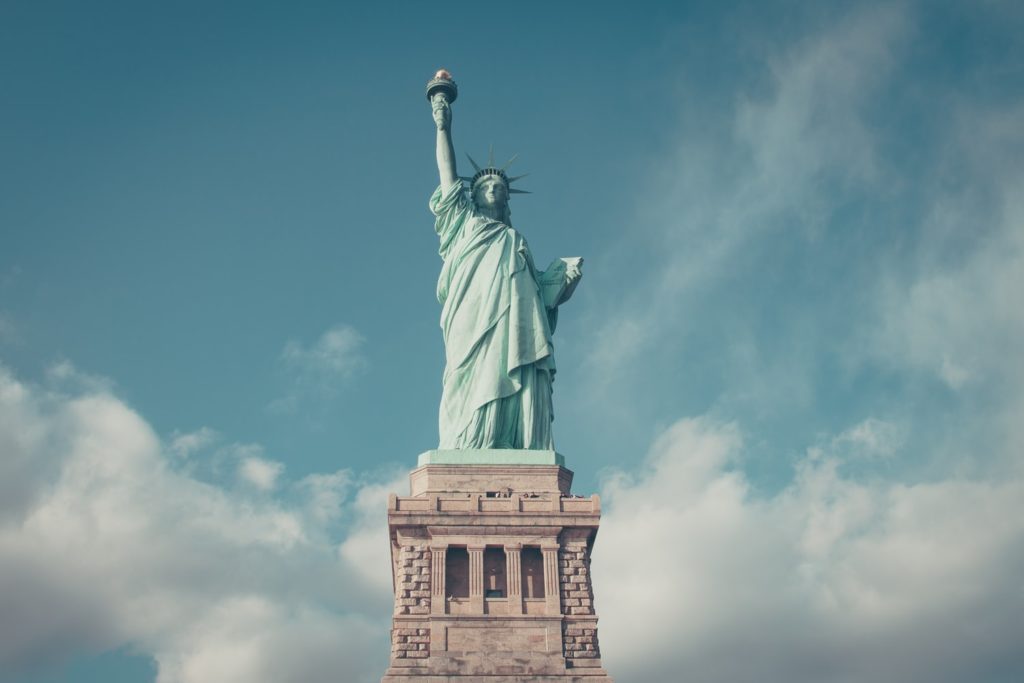New York City will open an “Office of Animal Welfare.” This makes it the nation’s first city to have a dedicated office for animal welfare.
The new office — set to be based within the mayor’s office — will oversee administration and regulation of animal welfare issues in the city. It will also oversee animal welfare programs, as well as zoos, kennels, and pet stores.
A number of different departments deal with animal welfare issues, including the Department of Health and the Department of Transportation. The new office will mean that animal welfare issues are dealt with all in one place, says New York City Councilmember Justin Brannan.
He notes that other departments often don’t know how to deal with animal issues when they come up. The new office would house animal experts together.
According to Brannan, both he and Speaker Cory Johnson have wanted to open the office for a while. “Even before I was an elected official,” he told Spectrum News NY1. “Just as people who care about animals.”
He explained that most New Yorkers love their pets, and this office will help to put “compassion and empathy into action.”
Through the animal welfare office, New York City is leading the way toward becoming more humane, believes Brannan.

Animal Welfare and New York City
New York City has made significant steps toward improved animal welfare in recent months. In October, the City Council passed a ban prohibiting foie gras. Mayor Bill de Blasio signed it into law today, along with seven other animal rights bills, including new restrictions for carriage horses in extreme temperatures.
Foie gras — a staple in French cuisine — is the fatty liver of a duck or goose. To produce it, birds must be cruelly force-fed via a metal feeding tube. The tube is stuck down their throats so their livers expand.
Around 1,000 restaurants across the city serve foie gras. It is one of the world’s biggest markets for the pâté. From 2022, those who violate the city’s ban will face a fine of up to $2000.


